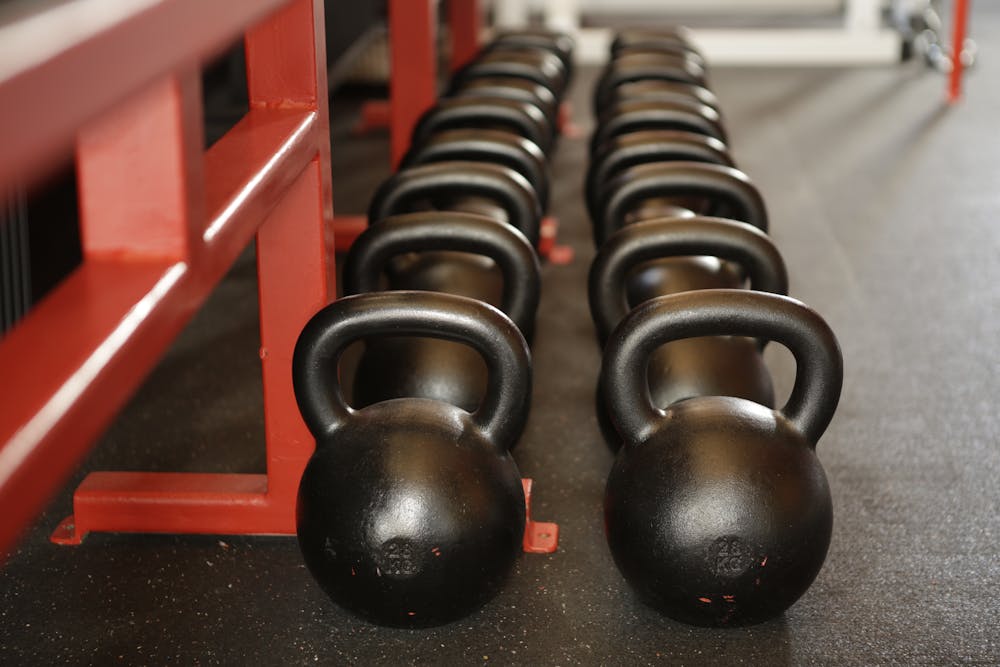As someone deeply invested in both fitness and technology, I find the intersection of fitness and wearable health tech to be incredibly fascinating and promising. The integration of wearable devices into our fitness routines has revolutionized the way we approach health and wellness, providing valuable insights, tracking progress, and empowering us to make informed decisions about our lifestyles.
 Wearable health tech encompasses a wide range of devices, from fitness trackers and smartwatches to heart rate monitors and sleep trackers. These devices are designed to be worn on the body throughout the day, collecting data on various aspects of our health and fitness. Whether we’re tracking steps, monitoring heart rate variability, or analyzing sleep patterns, wearable health tech provides a comprehensive picture of our overall well-being.
Wearable health tech encompasses a wide range of devices, from fitness trackers and smartwatches to heart rate monitors and sleep trackers. These devices are designed to be worn on the body throughout the day, collecting data on various aspects of our health and fitness. Whether we’re tracking steps, monitoring heart rate variability, or analyzing sleep patterns, wearable health tech provides a comprehensive picture of our overall well-being.
 One of the most significant advantages of wearable health tech is its ability to track activity and encourage physical fitness. Fitness trackers, in particular, have become popular tools for monitoring daily activity levels, setting goals, and tracking progress over time. By providing real-time feedback on steps taken, calories burned, and active minutes, fitness trackers motivate us to stay active and make healthier choices throughout the day.
One of the most significant advantages of wearable health tech is its ability to track activity and encourage physical fitness. Fitness trackers, in particular, have become popular tools for monitoring daily activity levels, setting goals, and tracking progress over time. By providing real-time feedback on steps taken, calories burned, and active minutes, fitness trackers motivate us to stay active and make healthier choices throughout the day.
 Moreover, wearable health tech offers valuable insights into our cardiovascular health and fitness levels. Many devices feature built-in heart rate monitors that track heart rate variability (HRV), a key indicator of cardiovascular health and stress resilience. By monitoring HRV during workouts and throughout the day, wearable devices can help us optimize our training, prevent overtraining, and reduce the risk of injury.
Moreover, wearable health tech offers valuable insights into our cardiovascular health and fitness levels. Many devices feature built-in heart rate monitors that track heart rate variability (HRV), a key indicator of cardiovascular health and stress resilience. By monitoring HRV during workouts and throughout the day, wearable devices can help us optimize our training, prevent overtraining, and reduce the risk of injury.
 Sleep tracking is another area where wearable health tech excels, providing insights into sleep duration, quality, and patterns. By analyzing metrics like sleep stages, sleep disturbances, and sleep efficiency, wearable devices help us understand our sleep habits and identify areas for improvement. With this information, we can make adjustments to our bedtime routines, sleep environment, and lifestyle habits to optimize sleep quality and overall health.
Sleep tracking is another area where wearable health tech excels, providing insights into sleep duration, quality, and patterns. By analyzing metrics like sleep stages, sleep disturbances, and sleep efficiency, wearable devices help us understand our sleep habits and identify areas for improvement. With this information, we can make adjustments to our bedtime routines, sleep environment, and lifestyle habits to optimize sleep quality and overall health.
 In addition to tracking physical activity and sleep, wearable health tech also plays a valuable role in stress management and mental well-being. Many devices offer features like guided breathing exercises, mindfulness meditation, and stress tracking to help us manage stress levels and improve resilience. By monitoring stress levels throughout the day and providing actionable insights, wearable devices empower us to take proactive steps towards better mental health.
In addition to tracking physical activity and sleep, wearable health tech also plays a valuable role in stress management and mental well-being. Many devices offer features like guided breathing exercises, mindfulness meditation, and stress tracking to help us manage stress levels and improve resilience. By monitoring stress levels throughout the day and providing actionable insights, wearable devices empower us to take proactive steps towards better mental health.
 One of the most exciting aspects of wearable health tech is its potential to facilitate personalized and preventive healthcare. With advancements in sensor technology, artificial intelligence, and data analytics, wearable devices can detect early warning signs of health issues, monitor chronic conditions, and provide real-time feedback to healthcare providers. This continuous monitoring and feedback loop enable early intervention, proactive management, and improved health outcomes for individuals.
One of the most exciting aspects of wearable health tech is its potential to facilitate personalized and preventive healthcare. With advancements in sensor technology, artificial intelligence, and data analytics, wearable devices can detect early warning signs of health issues, monitor chronic conditions, and provide real-time feedback to healthcare providers. This continuous monitoring and feedback loop enable early intervention, proactive management, and improved health outcomes for individuals.
 In conclusion, the intersection of fitness and wearable health tech represents a powerful force for positive change in our lives. By integrating wearable devices into our fitness routines, we gain valuable insights into our health and wellness, empowering us to make informed decisions and take control of our lifestyles. As wearable technology continues to evolve and improve, the possibilities for improving health and well-being are endless. So why not embrace the power of wearable health tech and embark on a journey towards a healthier, happier you?
In conclusion, the intersection of fitness and wearable health tech represents a powerful force for positive change in our lives. By integrating wearable devices into our fitness routines, we gain valuable insights into our health and wellness, empowering us to make informed decisions and take control of our lifestyles. As wearable technology continues to evolve and improve, the possibilities for improving health and well-being are endless. So why not embrace the power of wearable health tech and embark on a journey towards a healthier, happier you?






